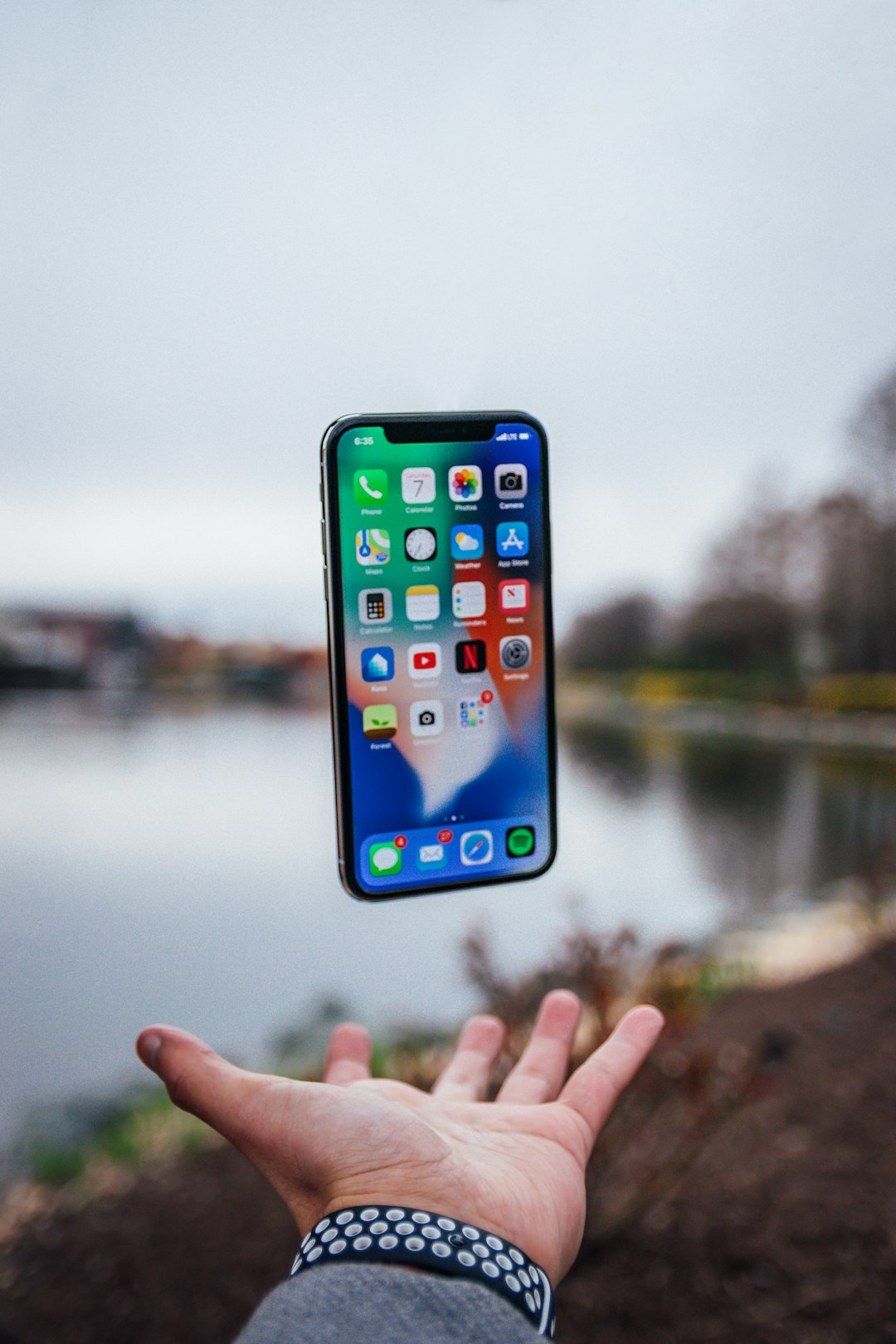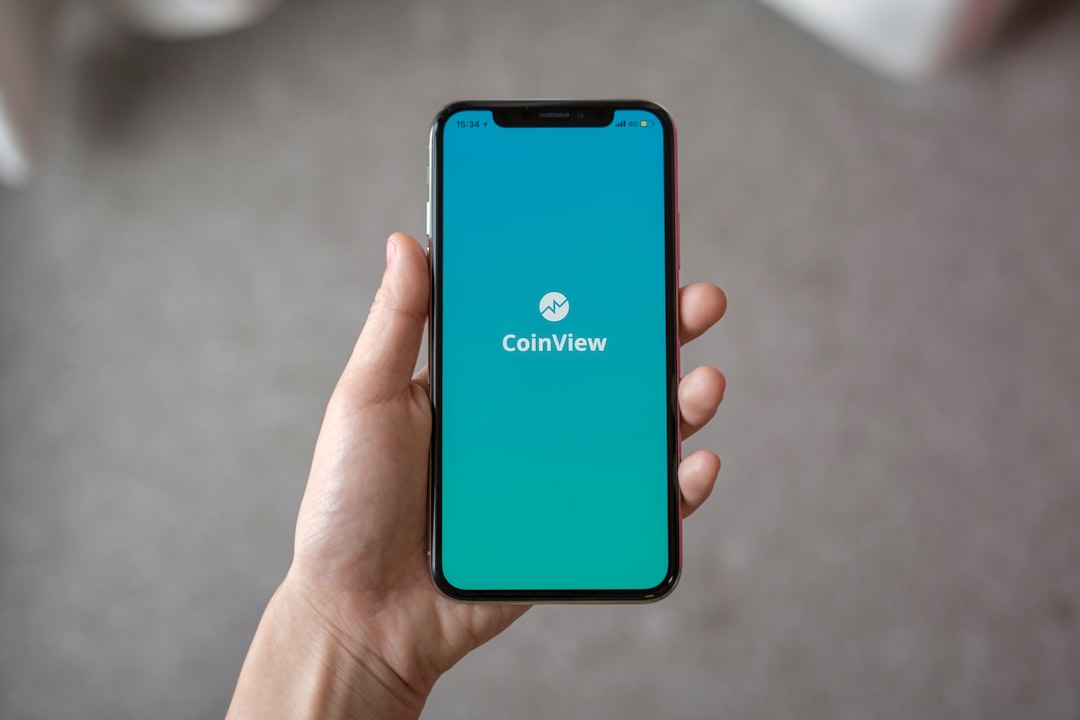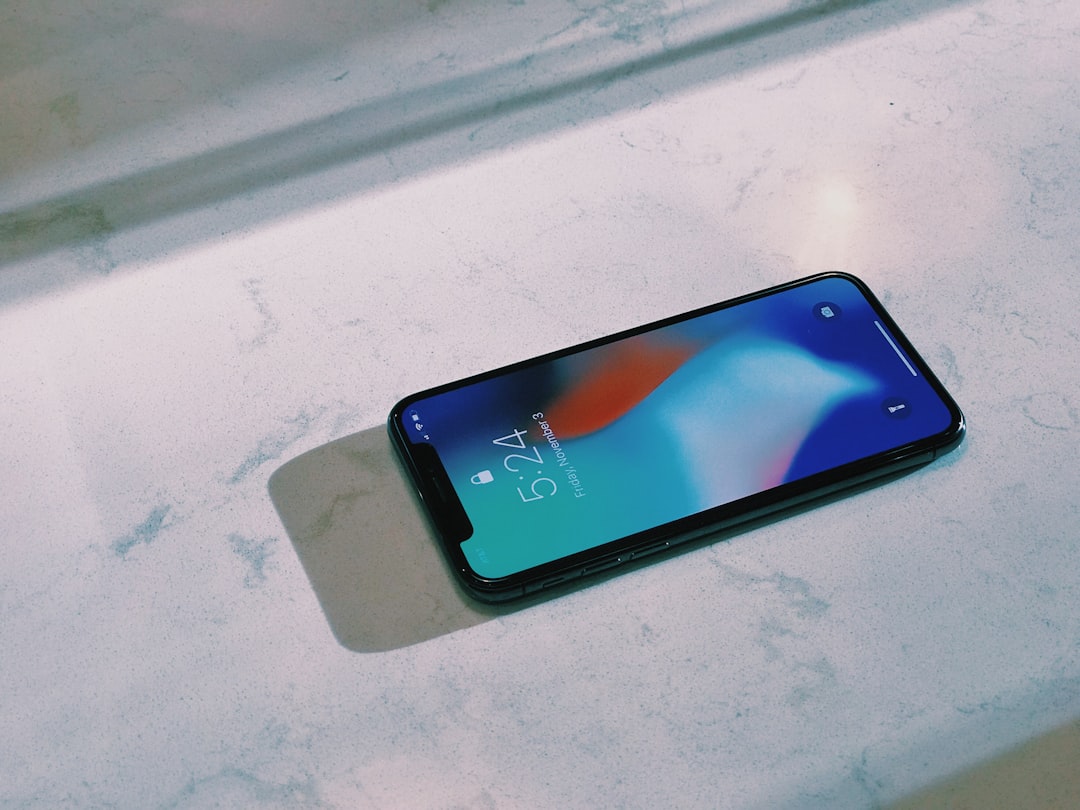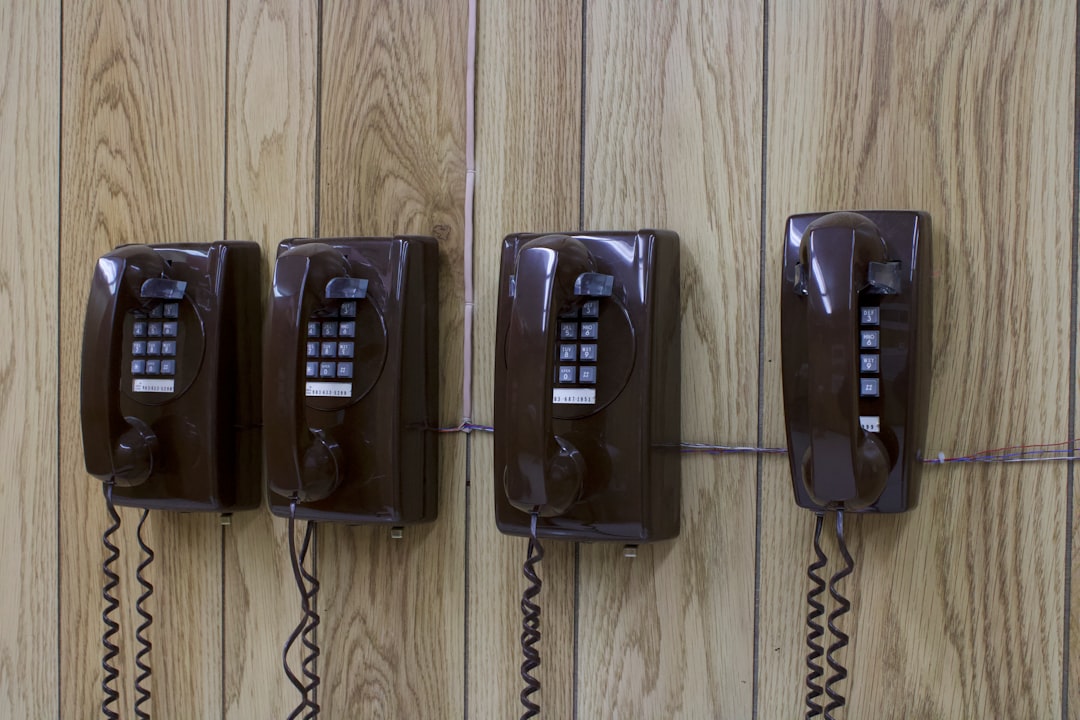Minnesota's No Call Law protects residents from unwanted telemarketing calls and extends to digital privacy. Roseville citizens must be aware of their online footprint and data security risks. By employing strong passwords, two-factor authentication, and keeping software updated, they can safeguard personal information. Local no call law firms specialize in consumer protection against online fraud and offer tailored advice.
Roseville residents, in an era of digital dominance, must arm themselves with knowledge to safeguard their online privacy. This comprehensive guide explores critical aspects of personal data protection, from navigating Minnesota’s stringent No Call Law for unwanted telemarketing calls to understanding the digital footprint you leave behind. Learn how to fortify your online security against data breaches and identity theft, and access valuable resources tailored for Roseville residents to thrive in a connected world.
Understanding Minnesota's No Call Law

In Minnesota, the “No Call Law” is designed to protect residents from unwanted telemarketing calls and sales pitches. This state law, also known as the Do Not Call Act, gives consumers the right to restrict most commercial telephone solicitations. If you’re on Minnesota’s Do Not Call List, no call centers or telemarketers are allowed to contact you for marketing purposes. This includes calls using automated dialing systems or prerecorded messages.
The law also provides an exemption for certain types of calls, such as those from nonprofits, political organizations, or if you’ve given explicit consent. Residents can register their phone numbers with the state’s Do Not Call Registry, and it’s recommended to check in regularly to ensure your number is protected. For assistance or to file a complaint against violators, Minnesota residents can reach out to local no call law firms that specialize in consumer protection.
Your Digital Footprint and Personal Data

In today’s digital era, it’s crucial for Roseville residents to understand their digital footprint and the personal data they leave behind. Every click, search, and online interaction contributes to a unique trail that can be tracked and analyzed. This digital footprint encompasses more than just your online activities; it includes data gathered from various sources like smart devices, social media platforms, and even routine internet browsing. Companies often use this information for targeted advertising, but it also raises significant privacy concerns.
Personal data, such as names, addresses, birthdates, and financial details, is highly valuable to businesses and potential cybercriminals. In Minnesota, where no call law firms operate, residents must remain vigilant against unauthorized access to their personal information. Protecting your digital privacy involves being mindful of what you share online, using strong passwords, enabling two-factor authentication, and keeping software up to date. By understanding and managing your digital footprint, Roseville residents can take proactive steps to safeguard their personal data from prying eyes.
Protecting Privacy in the Online World

In today’s digital era, Roseville residents, like many others across Minnesota, are increasingly spending their lives online—from social media interactions to e-commerce transactions. This convenience comes with a cost, as personal data is constantly exchanged and stored by various platforms. Protecting privacy in this vast and often labyrinthine online world is more important than ever.
Roseville residents should be aware of their digital rights and the laws that safeguard them, such as the No Call Law in Minnesota, which limits telemarketing calls to prevent unwanted interruptions. This law extends to the digital sphere, ensuring that personal information isn’t exploited for unsolicited marketing purposes. It’s crucial to understand what data is shared online, how it’s used, and with whom—a testament to the changing landscape of privacy in our interconnected world.
Navigating Data Breaches and Identity Theft

In today’s digital era, Roseville residents are increasingly vulnerable to data breaches and identity theft, making it crucial to understand how to navigate these risks. When personal information is exposed due to a breach, individuals should promptly take steps to protect their privacy and financial security. This includes monitoring bank accounts, credit cards, and social media for any suspicious activity. Additionally, changing passwords regularly and enabling two-factor authentication can significantly deter unauthorized access.
If residents fall victim to identity theft, it’s important to know that Minnesota laws offer protections through the No Call Law, which limits how businesses can contact consumers. This legislation provides a layer of defense against fraudulent activities and offers guidance on reporting such incidents. By staying informed and proactive about data security, Roseville residents can better safeguard their digital privacy.
Resources for Roseville Residents to Stay Safe Online

Roseville residents, like all internet users, face a variety of online risks, from phishing scams to identity theft. Fortunately, there are numerous resources available to help stay safe in the digital world.
Organizations such as the Federal Trade Commission (FTC) and the National Cyber Security Alliance (NCSA) offer comprehensive guides and tips on online security, privacy settings, and how to recognize and avoid potential threats. Minnesota residents can also benefit from local initiatives and support from no call law firms that specialize in consumer protection, providing additional safeguards against online fraud and offering advice tailored to their region.






